The search for the best face moisturizer can seem confusing due to the variety out there. Whether your skin is dry, oily, or somewhere in the middle, the correct product can enhance your skincare routine. Let’s find out how to choose a moisturizer that suits your skin’s specific characteristics.
The Importance of Moisturizing
Not only does hydrated, healthy skin look good—it feels good. A moisturizer chosen wisely nurtures your skin’s natural barrier, holding in moisture and protecting it from external elements such as pollution and weather conditions. If, after cleaning, your skin feels tight or scaly, that’s a telltale sign your skin needs hydration.
For those inclined towards organic beauty solutions, a natural face moisturizer offers hydration without exposing your skin to harsh chemicals. You can learn more about organic moisturizers.
Getting to Know Your Skin Type
The inaugural step in finding your ultimate moisturizer is understanding your skin type. Various formulas cater to different necessities:
- Dry Skin: Go for lush, buttery textures containing ingredients like ceramides and shea butter.
- Oily Skin: Light, gel-like moisturizers can keep your skin moist without additional shine.
- Combination Skin: Balancing moisture through your T-zone and cheeks can be a challenge, but there are products specially designed to do this.
Combination skin usually requires a refined approach—balancing the hydration requirements of oily and drier areas. If this resonates with your skin, you’ll appreciate these pointers for finding the perfect moisturizer for combination skin.
The Ingredient Game in Your Moisturizer
How well a moisturizer works often depends on its ingredients. For instance, hyaluronic acid is excellent for drawing and retaining moisture, while niacinamide aids in improving texture and reducing redness. Natural components like aloe vera and jojoba oil are particularly suitable for those wanting gentle but effective hydration.
Those with delicate skin will need to opt for a fragrance-free, gentle product. If you’re unsure which product is the best, we have a handy guide on how to choose the best moisturizer for sensitive skin.
Sensitive Skin Tips: What to Be Cautious Of
Sensitive skin can be tricky, being prone to irritation from certain components. If you’ve felt discomfort or redness after using a new product, it’s time to reassess your routine. Always turn to gentle, hypoallergenic formulas that put soothing ahead of strong ingredients.
Debunking Moisturizer Myths
Let’s tackle a few frequent confusions:
- Myth 1: Oily skin doesn’t need moisturizer.
- Even if the skin appears oily, it still requires hydration for balance. Neglecting moisturizer might cause your skin to overproduce oil, leading to breakouts.
- Myth 2: Pricier products always outperform.
- The fact is, efficacy relies on the formula, not the cost. Some economical choices offer excellent results without leaving a dent in your budget.
Optimizing Your Moisturizer
The application makes a huge difference. For best results, apply to fresh (just washed) skin right after washing to help seal in the moisture. A small amount goes a long way—use just enough to cover your face without a greasy residue. Moisturizing morning and night ensures 24/7 hydration. During daylight, switch to a moisturizer with SPF for sun protection.
Wrapping Up
Identifying the best face moisturizer is a journey of comprehension of your skin’s needs and finding products that match those needs. Regardless if you prefer organic options, focus on sensitive skincare, or require something all-rounded for combination skin, the ideal product exists.
Investing time to select the right moisturizer results in healthier, more glowing skin. Accept hydration as a fundamental part of your skincare routine, and revel in the rewards of a well-hydrated complexion every day.
FAQs About Choosing the Best Face Moisturizer
Identify your skin type (dry, oily, combination, or sensitive) and choose a product formulated specifically for your needs. Look for key ingredients like hyaluronic acid for hydration or ceramides for barrier repair.
No, even oily skin needs hydration. Opt for lightweight, non-greasy, gel-based moisturizers to balance oil production without clogging pores.
Avoid products with fragrance, alcohol, and harsh chemicals. Look for labels that say “hypoallergenic” or “for sensitive skin.”
Yes, using a moisturizer with SPF during the day helps protect your skin from harmful UV rays, preventing premature aging and sun damage.
Apply moisturizer twice daily—once in the morning and once at night—to keep your skin hydrated around the clock.







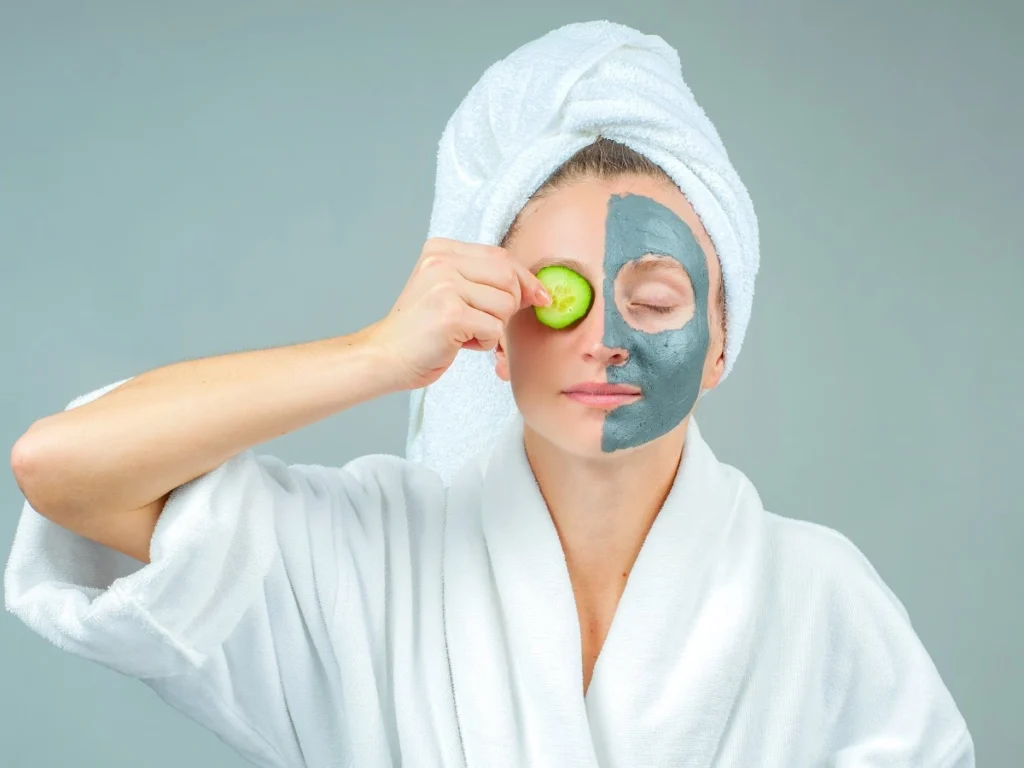
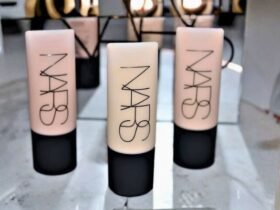




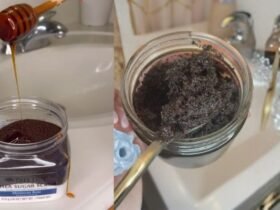
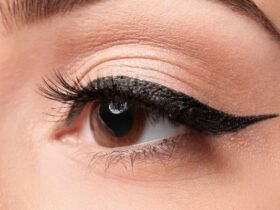
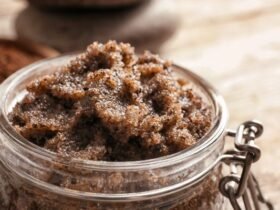
1 Comment
View Comments